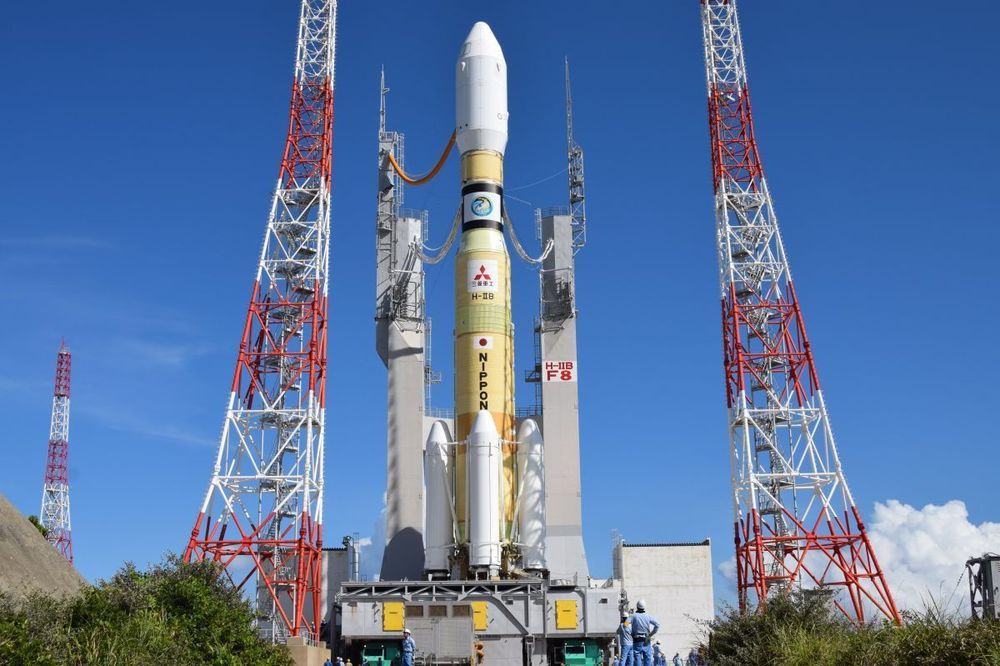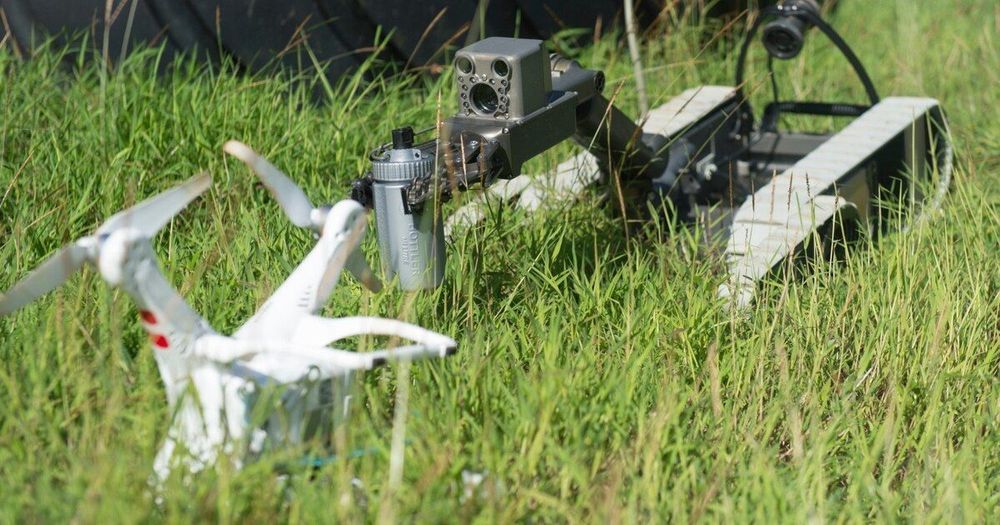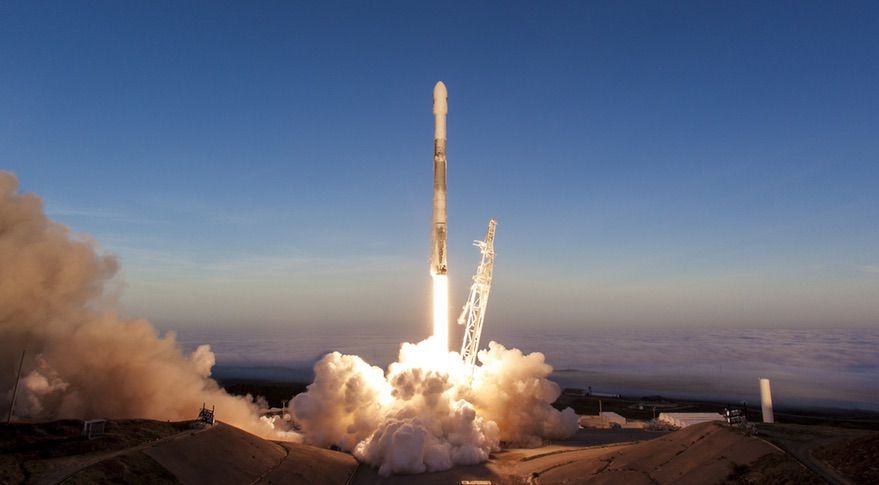On Monday, Rhode Island health officials reported that a resident had died after contracting the Eastern equine encephalitis (EEE) virus. The death marks the third fatality linked to EEE reported this year, and the second such case documented in less than a week.
The summer is winding down for many in the U.S., but this rare viral infection spread by mosquitoes is still claiming lives. Health officials first reported the resident’s case of EEE in late August, noting at the time that the person was in critical condition. It was the first case reported in Rhode Island since 2010. The resident, only disclosed to be in their 50s, died Sunday, making theirs the first EEE-related death documented in the state since 2007.








